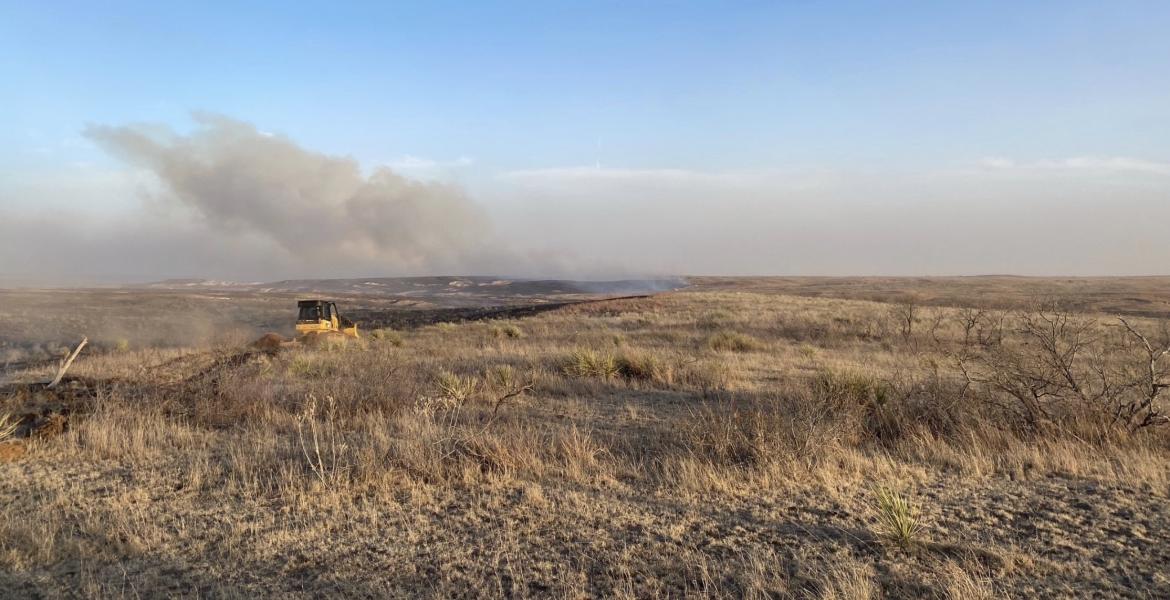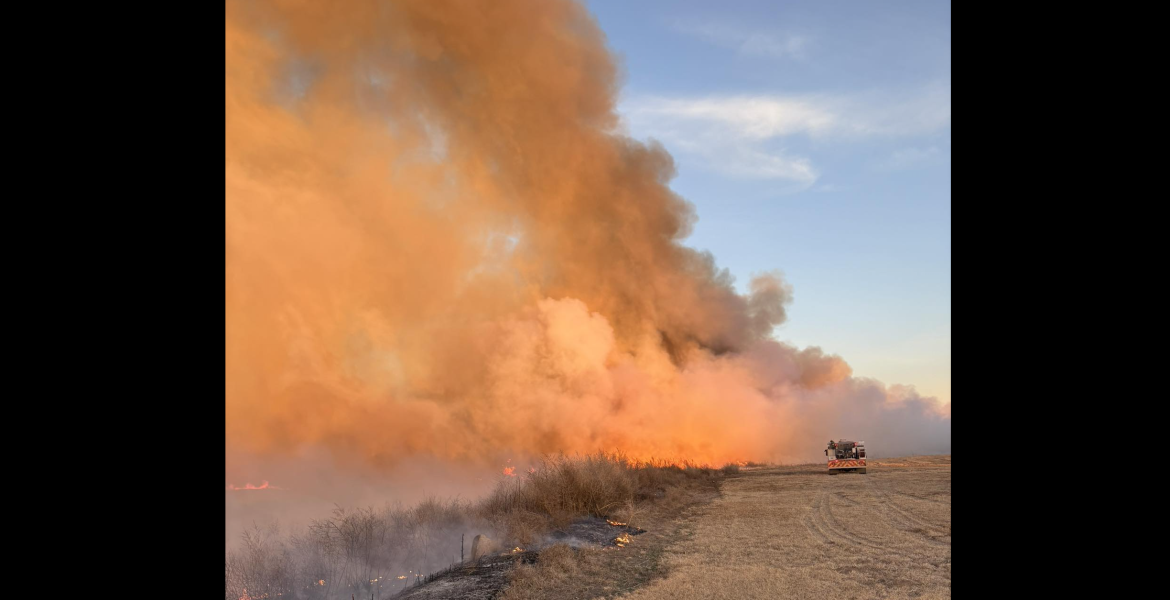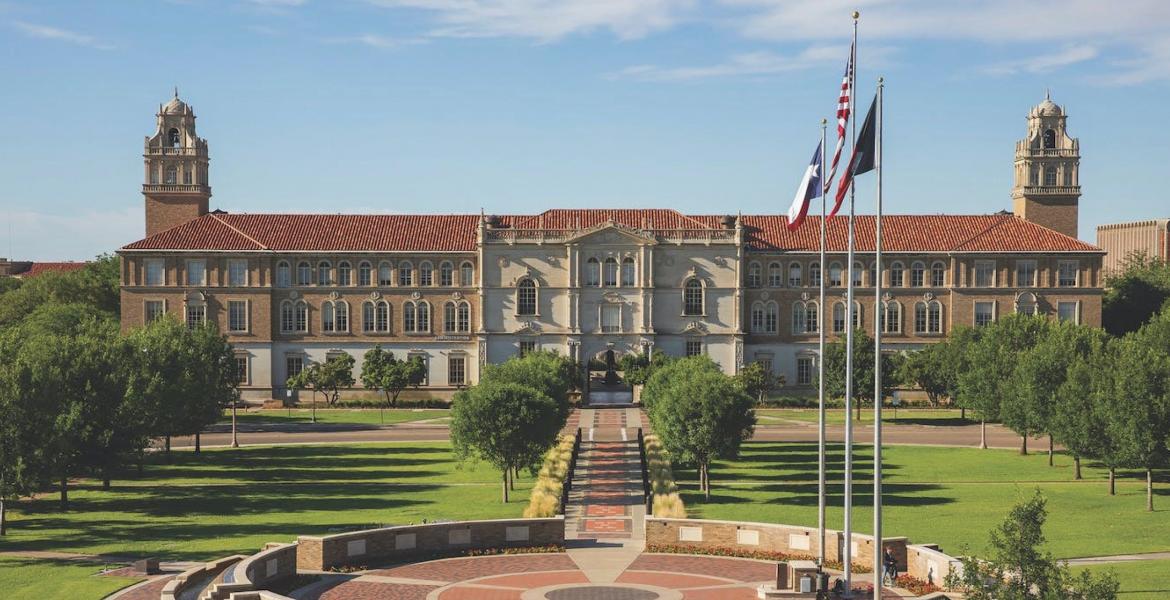PECOS, TX — In arid West Texas, water seeps and bubbles from old wells, sometimes carrying oil, brackish water or other pollutants to the surface. But the real danger lies underground — where oil, salt, and toxic minerals could migrate into the aquifers that supply water to cities, farms and ranches.
These leaky wells are called P-13 wells, named for a Railroad Commission form. They’re the result of oil exploration that began nearly a century ago.
Wildcatters searching for oil have punched thousands of holes into the Texas soil in search of black gold over the past 150 years. When wells proved unproductive or dry, companies often transferred ownership to landowners who repurposed them as water wells.
Today, the state has recorded 1,915 P-13 wells, but many more likely exist, undocumented and deteriorating.
Over time, some of these wells have turned into environmental disasters. In Pecos County, the 60-acre Lake Boehmer formed when an abandoned well began releasing large amounts of salty brine water to the surface more than two decades ago — and it’s still leaking. Reports have found that the lake emits hydrogen sulfide, a toxic gas that can be fatal at high concentrations, and is filled with heavy metals like arsenic.
In 2023, Texas lawmakers attempted to address the growing problem by passing House Bill 4256, which created the Leaking Water Wells Grant Program under the Texas Commission on Environmental Quality and committed $10 million to help plug leaking water wells in eligible rural counties.
Two years later, none of that money has been distributed. The TCEQ’s rulemaking process still isn’t finished; grants are expected to be available by this summer. Public comments on the program are open until midnight Feb. 4.
Critics argue that $10 million is a drop in the bucket compared to the size of the problem. Plugging a single well can cost hundreds of thousands of dollars, and in extreme cases like Lake Boehmer, the cost could be in the millions.
Hawk Dunlap, a well control specialist for a private company who has plugged wells for decades, says sealing P-13 wells is far more complex than simply filling them with concrete.
“There is not going to be an easy fix,” he said. “Each well is going to be very specific in how it's addressed and in my professional opinion it's gonna be almost like flying blind."
The cost of properly plugging a well varies widely. The TCEQ said the cost is influenced by many factors, such as the well depth and the local hydrogeology.
“We do not know how much it will cost to plug each well, so we cannot determine how many wells could be plugged under this program,” said Ricky Richter, a spokesperson for TCEQ.
Texas has thousands of orphan oil and gas wells that need plugging. The Texas Railroad Commission, which regulates oil and gas wells in the state, defines these as wells that have been inactive for a minimum of 12 months and have no owner.
The agency uses federal funds to plug them, but it doesn’t include P-13 wells on its list because they’re no longer classified as oil wells.
That stance has led to lawsuits, legislative debates, and frustration among local officials and environmental groups.
For example, the Middle Pecos Groundwater Conservation District has repeatedly asked the RRC over the years to include 40 wells — some of which are classified as P-13 wells — to its list of orphan wells eligible for plugging with federal money, but the commission denied the request.
“I mean, nobody cares about West Texas. It's just heartbreaking,” said Ty Edwards, the district’s manager. “[Landowners] cannot use any [federal] funds to plug the well unless it's on that [Railroad Commission] list. They also can't apply for federal funds unless it's on the list.”
Virginia Palacios, executive director of the watchdog group Commission Shift, says the agency is sidestepping its responsibility to plug the Lake Boehmer well and other P-13s.
“It's crazy, because these are some of the most intense contamination situations that we have in the state right now, and they're just choosing not to make it their problem,” she said.
R.J. DeSilva, a spokesperson for the Railroad Commission, said the Boehmer well has been out of their jurisdiction since 1951 and is not the agency's responsibility, unlike oil and gas wells they have plugged in the region. He added that state law clearly states that the agency does not have authority over water wells like the ones that caused Lake Boehmer.
The groundwater conservation district has filed a complaint against the Railroad Commission, claiming that wells drilled for oil and gas should be plugged by the commission, even if they were later converted to water wells. Meanwhile, it’s turning to the TCEQ program to get the wells plugged, but Edwards worries that the money will be exhausted quickly and only cover a small number of wells.
The TCEQ will have to use well plugging contractors on the Railroad Commission’s approved list and consult with the commission to come up with a plan to make sure each well is permanently plugged.
Palacios, with Commission Shift, says Texas needs a long-term strategy.
“We don't have an ongoing plan for how to deal with P-13 wells. We don't have an ongoing plan for how to deal with orphaned wells in the state,” she said. “I mean, continuing to do the same thing we've always done is going to lead to water contamination.”
And plugging a leaking well is just the beginning, said Adam Peltz, director and senior attorney for the Environmental Defense Fund’s Energy Program.
“It’s not just the plugging. It’s the remediation of a land that’s been contaminated. That’s so important and so expensive. It’s not done if you plug it,” he said. “And delaying it will make it more expensive. It's never gonna be cheaper to solve this problem than right now.”
Disclosure: Environmental Defense Fund has been a financial supporter of The Texas Tribune, a nonprofit, nonpartisan news organization that is funded in part by donations from members, foundations and corporate sponsors. Financial supporters play no role in the Tribune's journalism. Find a complete list of them here.
This article originally appeared in The Texas Tribune at https://www.texastribune.org/2025/02/04/texas-leaking-abandoned-oil-water-wells-tceq-railroad-commission/.
The Texas Tribune is a member-supported, nonpartisan newsroom informing and engaging Texans on state politics and policy. Learn more at texastribune.org.
Subscribe to the LIVE! Daily
Required






Post a comment to this article here: